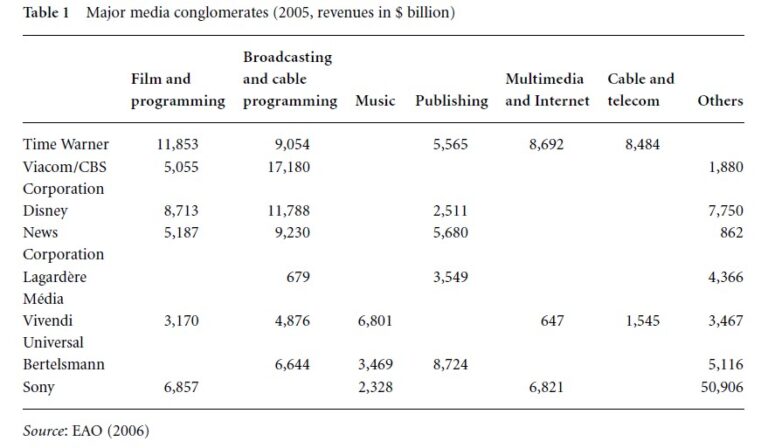Repeated Recall
Eyewitnesses to a crime or other incident often recall that event dozens of times while waiting for a trial that...
Read More
Reporting Crimes and Victimization
Almost all crimes become known to the police because citizens, usually victims, report them. In this role as gatekeeper, victims...
Read More
Repressed and Recovered Memories
While one cannot deny that repressed and recovered memories have had an effect on individuals, their families, and our legal...
Read More
Response Latency in Eyewitness Identification
An important issue for the police and courts is the extent to which an eyewitness’s decision about a lineup can...
Read More
Retention Interval and Eyewitness Memory
Retention interval refers to the amount of time that elapses between the end of a witness’s encounter with a perpetrator...
Read More
Return-to-Work Evaluation
A worker may be required to leave the workplace because of the experience of an extreme stressor on the job,...
Read More
Risk Assessment Approaches
Violence risk assessment is relevant to the field of law and psychology because it occurs at numerous junctures in the...
Read More
Risk-Sophistication-Treatment Inventory (RSTI)
The Risk-Sophistication-Treatment Inventory (RSTI) is a semistructured interview and rating scale that is designed to help clinicians assess Risk for...
Read More
Rogers Criminal Responsibility Assessment Scales (R-CRAS)
The Rogers Criminal Responsibility Assessment Scales (R-CRAS) is a structured decision model for quantifying relevant psychological variables that are salient...
Read More
Scientific Jury Selection
Scientific jury selection (SJS) is the use of a survey to decide which jurors to favor in a trial. Prior...
Read More
Globalization of the Media
Like many other spheres of contemporary life, the mass media have been profoundly affected by the processes of globalization. During...
Read More
Labor in the Media
When labor is in the news media, it reveals – perhaps more than any other subject – the economic, political,...
Read More
Labor Unions in the Media
Labor unions have been a feature on the world’s media landscape for close to two centuries. Depending on the era...
Read More
Markets of the Media
Markets are where media function. They also provide the foundation of economic analyses, providing the context and mechanisms for explaining...
Read More
Media Conglomerates
The issue of media conglomeration, or the phenomenon of a vast amount of cultural (media) production being controlled by a...
Read More
Media Management
The core task of media management is to build a bridge between the general theoretical disciplines of management and the...
Read More
Media Marketing
In an age of rapid technological innovation it would seem counterintuitive to assume that marketing and advertising techniques would remain...
Read More
Ownership in the Media
Structures of media ownership take the form of either public or private enterprises. “Public” refers to those media funded at...
Read More
Specialty Choice
For several professions, the initial career choices are followed by the need to choose a specialty within that profession. For...
Read More
Succession Planning
Succession planning refers to an effort by organizations to select and develop future leaders who are prepared to replace current...
Read More
Sweatshop Labor
Sweatshop labor describes work performed under conditions that violate normal standards of minimum wage, employment, worker treatment, and workplace health...
Read More
Team-Based Work
For an increasing number of jobs, the future belongs to teams. Due to the complexity of tasks, the need to...
Read More
Retention Programs
In the first half of the twentieth century, employment careers were often characterized by long periods of stable, uninterrupted employment...
Read More
Career Services Model
A difficult task facing career counselors concerns applying abstract career theories to concrete problems presented by clients. Over the years,...
Read More
Cognitive Information Processing Model
There is an adage, “Give people a fish and they eat for a day, but teach them to fish and...
Read More
Environmental Assessment Technique
The Environmental Assessment Technique (EAT) was developed by John L. Holland and Alexander W. Astin to quickly and easily capture...
Read More
Kuder Career Assessments
Frederic Kuder published his first career interest assessment in 1939. The Kuder Preference Record was different from the other vocational...
Read More
Pictographs
Pictographs, sometimes referred to as pictograms or pictoglyphs, are written, painted, or engraved signs that express ideas or meaning in...
Read More
Kenneth L. Pike
Dr. Kenneth Lee Pike was born in Woodstock, CT, in 1912. He earned his B.A. in theology from Gordon College...
Read More
Steven Pinker
Steven Pinker is an experimental psychologist who has argued that human capacities for speech and abstract thought are based on...
Read More
Political Economy
The field of political economy is defined by a set of questions surrounding economic modes of production and their subsequent...
Read More
Political Science
In its most basic form, political science can be defined as the study of both the institutions that form states...
Read More
Political Organizations
Political scientists have delineated five “crises” that nations seem to undergo, in sequence, in their political development. Identity: People develop...
Read More
Political Anthropology
The major thesis of political anthropology is that politics cannot be isolated from other subsystems of a society. Political anthropology...
Read More
Polynesians
Polynesia (“many islands”) is one of the three major cultural areas or regions in the Pacific Ocean, the others being...
Read More
Public Opinion About Crime
Hundreds of research studies that have examined a wide range of topics on public opinion about crime support the conclusion that...
Read More
Public Opinion About the Courts
The study of public opinion about the courts is closely tied to concerns that date back to the Constitutional Convention....
Read More
Public Opinion About the Polygraph
The public is routinely informed that suspects have been administered a polygraph test and have either failed or passed the...
Read More
Race Impact on Juries
The relationship between race and the decision making of juries is complex and controversial. Media and public discussions of the...
Read More
Racial Bias and the Death Penalty
The issue of racial bias in death penalty has long been a significant concern in the system of capital punishment....
Read More
Rape Trauma Syndrome
Rape trauma syndrome (RTS) is a topic about which experts testify in legal cases. It is most often used by...
Read More
Rapid Risk Assessment for Sexual Offense Recidivism (RRASOR)
The Rapid Risk Assessment for Sexual Offense Recidivism, abbreviated as the RRASOR (pronounced like the cutting tool), is an actuarial...
Read More
Reconstructive Memory
Reconstructive memory refers to a class of memory theories that claim that the experience of remembering an event involves processes...
Read More
Reid Technique for Interrogations
Law enforcement personnel use a variety of procedures to elicit confessions from suspects. The Reid Technique uses psychological methods to...
Read More
Religion and the Death Penalty
Religion has the ability to affect death penalty trials in numerous ways. The most studied include the effects of jurors’...
Read More

















































